BMW vs Mercedes: Which Luxury Car Brand is Better?
When it comes to luxury cars, BMW and Mercedes are two of the most popular brands on the market. Both offer a wide range of models with impressive features and performance capabilities. However, deciding between the two can be a challenge, as they both have their own unique strengths and weaknesses.
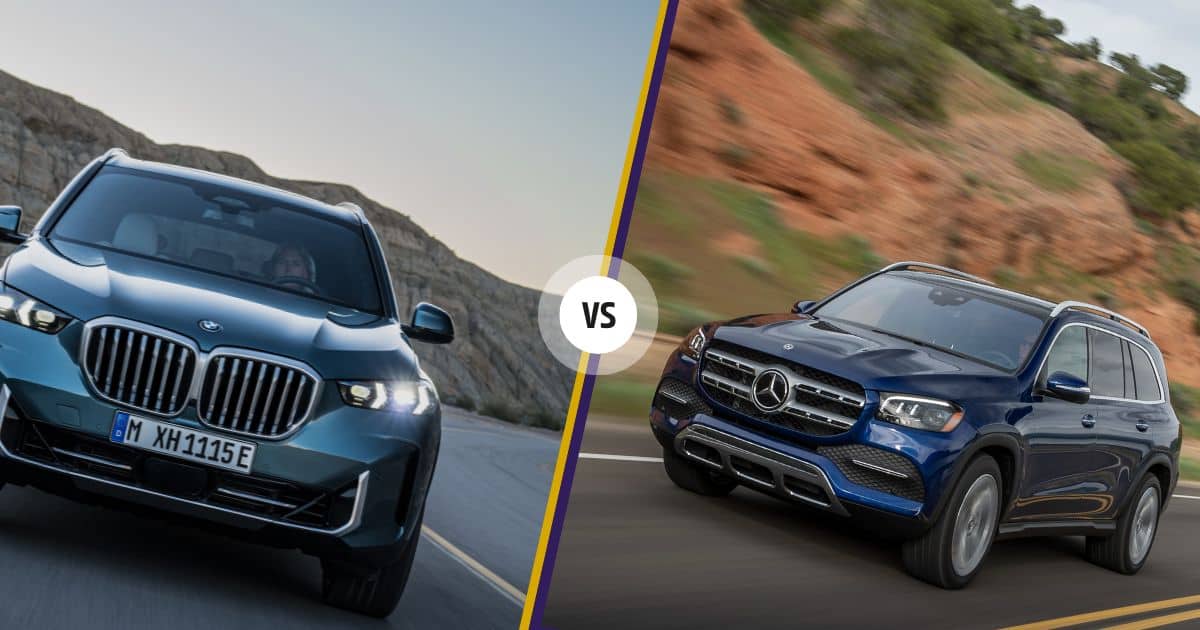
While you are researching BMW and Mercedes, be sure to save these popular articles: Mercedes GL reliability, BMW Maintenance Cost, and Are BMWs Reliable?
One key factor to consider when comparing BMW and Mercedes is their pricing. While both brands offer luxury vehicles at a range of price points, Mercedes tends to be more expensive overall. This may be due in part to the brand’s focus on advanced technology and high-end features. However, BMW remains a strong competitor with its own impressive lineup of vehicles.
Another important consideration is the models offered by each brand. BMW and Mercedes both have a diverse range of vehicles, from sleek sedans to powerful SUVs. However, there are some notable differences in the types of cars each brand offers.
For example, BMW is known for its sporty, performance-oriented vehicles, while Mercedes is often associated with luxury and refinement. Ultimately, the choice between the two will come down to personal preference and individual priorities.
BMW vs Mercedes: A Comprehensive Comparison
When it comes to luxury cars, BMW and Mercedes-Benz are two of the most well-known names in the industry. Both automakers offer various vehicles catering to different needs and preferences. In this section, we will compare BMW and Mercedes-Benz in terms of performance, design, technology, safety, and price.
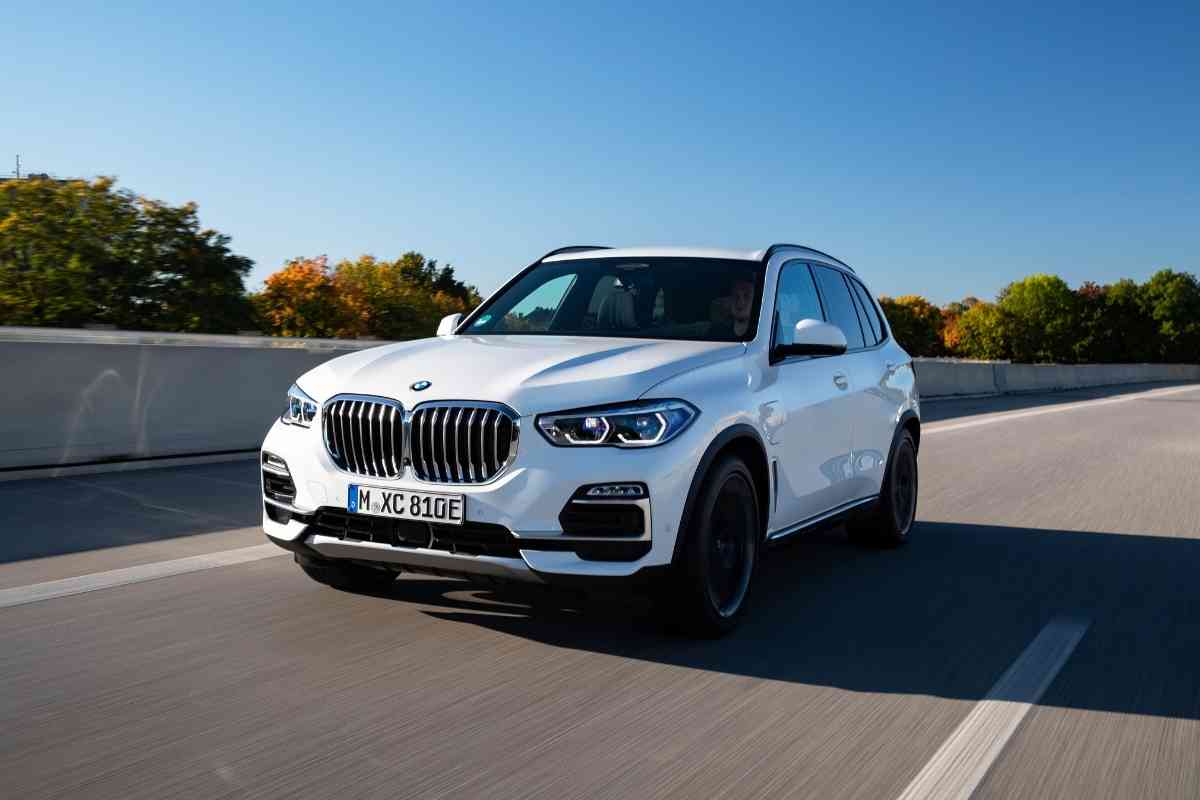
Performance
BMW and Mercedes-Benz are known for producing high-performance vehicles. BMW’s M division and Mercedes-Benz’s AMG division are responsible for creating some of the most powerful cars on the road. BMW’s M cars are known for their agility and precision, while Mercedes-Benz’s AMG cars are known for their raw power.
In terms of horsepower and torque, BMW and Mercedes-Benz offer similar options. BMW’s 3-series and 4-series offer six-cylinder engines that produce up to 382 horsepower and 369 lb-ft of torque, while Mercedes-Benz’s C-class offers a six-cylinder engine that produces up to 385 horsepower and 384 lb-ft of torque.
However, when it comes to sports cars, BMW’s M division offers more powerful options than Mercedes-Benz’s AMG division.
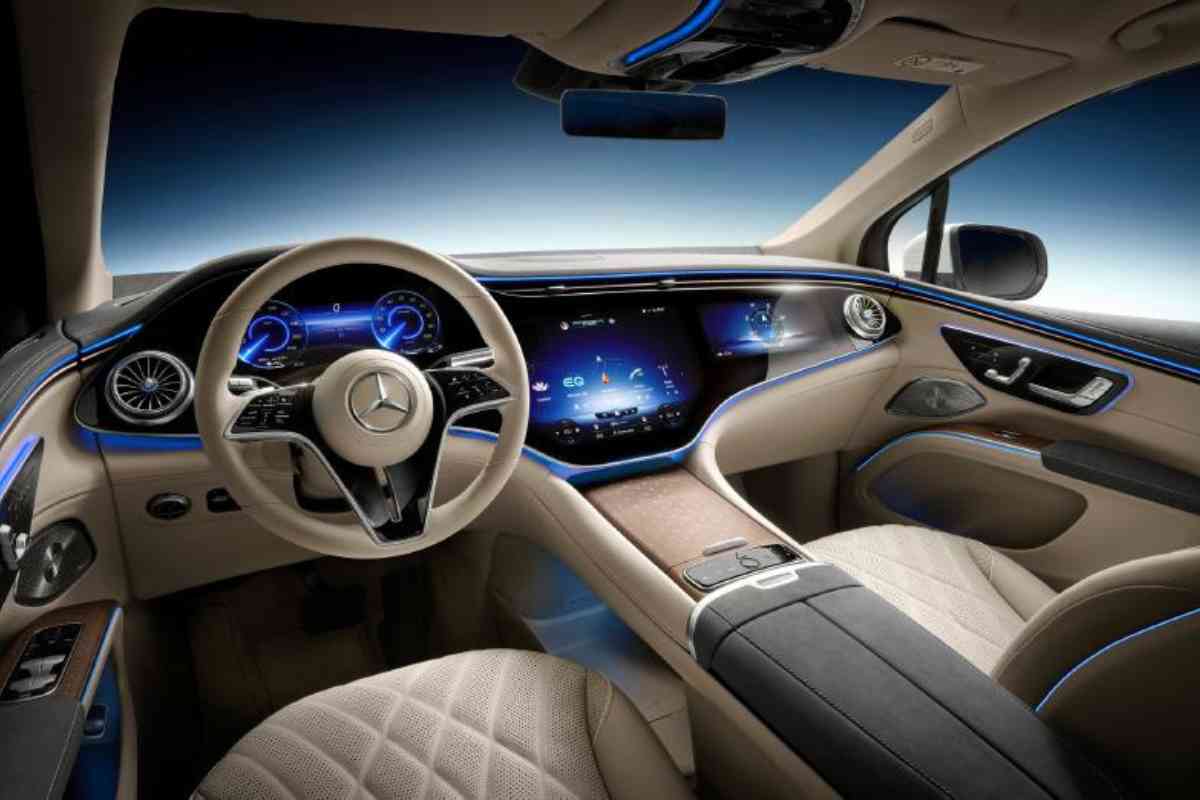
Design
BMW and Mercedes-Benz have distinct design languages that set them apart from each other. BMW’s design is known for its sharp lines and aggressive styling, while Mercedes-Benz’s design is known for its elegance and sophistication.
In terms of interior design, both automakers offer luxurious options. BMW’s iDrive system is known for its ease of use and intuitive interface, while Mercedes-Benz’s infotainment system offers a larger screen and more features. Both automakers offer leather seats, head-up displays, and other high-end features.
Technology
Both BMW and Mercedes-Benz are at the forefront of automotive technology. BMW’s i3 and Mercedes-Benz’s EQC are all-electric vehicles, while BMW’s X5 and Mercedes-Benz’s GLE offer hybrid options. Both automakers offer advanced safety features such as lane keep assist and blind spot monitoring.
Safety
When it comes to safety, both BMW and Mercedes-Benz are known for producing safe vehicles. Mercedes-Benz’s Pre-Safe technology is designed to protect occupants in the event of a collision, while BMW’s side impact protection is designed to protect against side impacts.
Price
BMW and Mercedes-Benz offer luxury vehicles at a premium price tag. The cost of a BMW or a Mercedes-Benz can range from $40,000 to $150,000, depending on the model. Insurance premiums and maintenance costs can also be higher for luxury cars.
| Automaker | Model | Starting Price |
|---|---|---|
| BMW | 3-series | $41,250 |
| Mercedes-Benz | C-class | $41,600 |
| BMW | 7-series | $86,800 |
| Mercedes-Benz | S-class | $94,250 |
Overall, BMW and Mercedes-Benz offer a range of luxury vehicles that cater to different needs and preferences. When it comes to performance, BMW’s M division offers more powerful options than Mercedes-Benz’s AMG division.
In terms of design, BMW’s sharp lines and aggressive styling set it apart from Mercedes-Benz’s elegance and sophistication. Both automakers are at the forefront of automotive technology and offer advanced safety features. However, luxury cars come at a premium price tag, and insurance premiums and maintenance costs can also be higher.
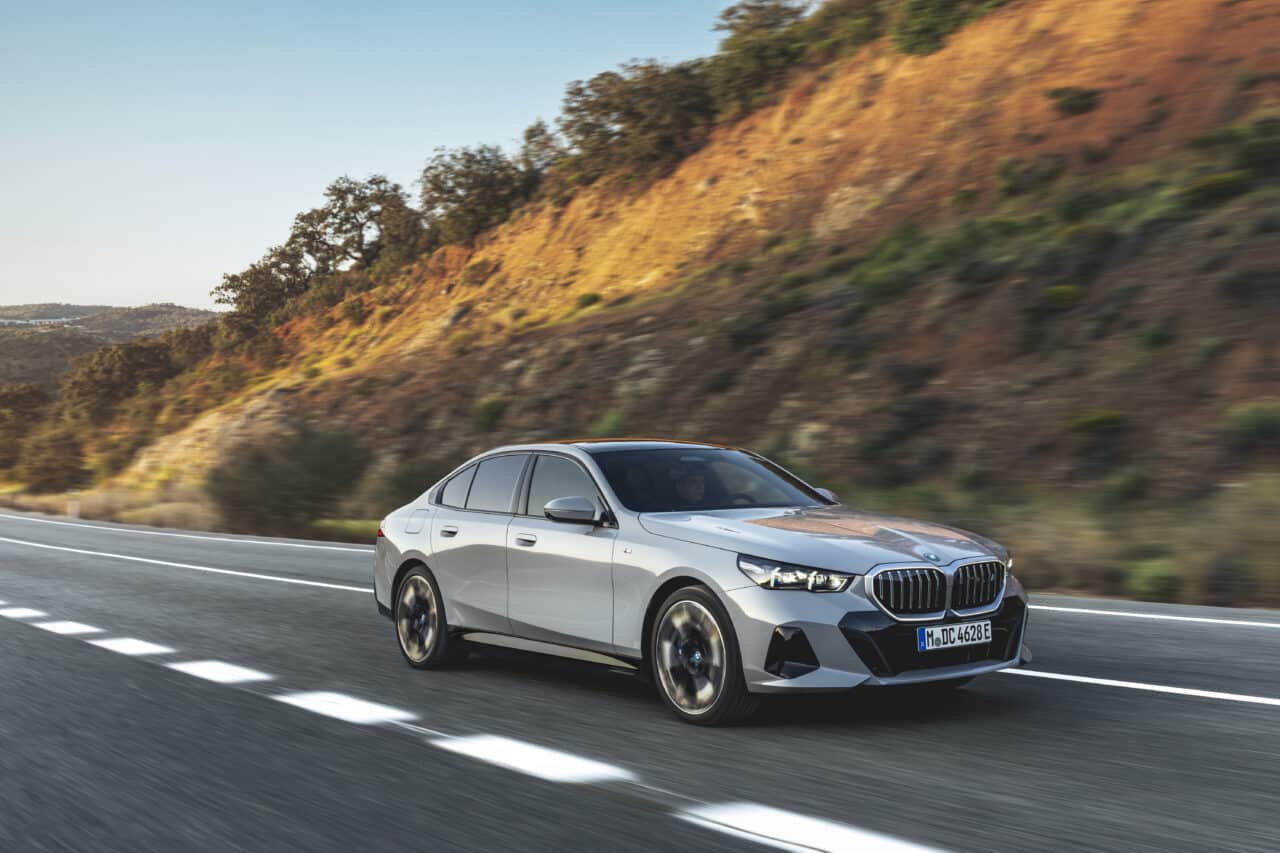
Performance
When it comes to performance, BMW and Mercedes are both well-known for producing high-performance vehicles that can deliver impressive speed and power. Let’s take a closer look at the engine power, acceleration, and fuel efficiency of these two luxury brands.
Engine Power
BMW and Mercedes both offer a range of engines, from the standard four-cylinder to the powerful V8. BMW’s M division is dedicated to producing high-performance engines, while Mercedes has its AMG division. BMW’s M engines are known for their smooth power delivery, while AMG engines are known for their raw power.
BMW’s M3 and M4 models are powered by a 3.0-liter inline-six engine that produces up to 503 horsepower and 479 lb-ft of torque. Mercedes’ AMG C63 S sedan is powered by a 4.0-liter V8 engine that produces up to 503 horsepower and 516 lb-ft of torque. In the SUV category, BMW’s X5 M and X6 M models are powered by a 4.4-liter V8 engine that produces up to 617 horsepower and 553 lb-ft of torque.
Acceleration and Speed
When it comes to acceleration and speed, BMW and Mercedes are both impressive. BMW’s M3 can go from 0 to 60 mph in just 3.8 seconds, while Mercedes’ AMG C63 S sedan can go from 0 to 60 mph in just 3.7 seconds. BMW’s M5 can reach a top speed of 190 mph, while Mercedes’ AMG E63 S can reach a top speed of 186 mph.
Fuel Efficiency
While high-performance engines are great for speed and power, they can also be thirsty when it comes to fuel economy. BMW and Mercedes both offer a range of engines with varying fuel efficiency. In general, BMW’s six-cylinder engines tend to be more fuel-efficient than Mercedes’ V8 engines.
For example, the BMW 330i sedan gets an EPA-estimated 26 mpg in the city and 36 mpg on the highway, while the Mercedes-AMG C63 S sedan gets an EPA-estimated 17 mpg in the city and 26 mpg on the highway. In the SUV category, the BMW X5 xDrive40i gets an EPA-estimated 20 mpg in the city and 27 mpg on the highway, while the Mercedes-AMG GLE 63 S gets an EPA-estimated 15 mpg in the city and 19 mpg on the highway.
| Model | Engine | Horsepower | Torque | 0-60 mph | Top Speed | Fuel Economy (city/highway) |
|---|---|---|---|---|---|---|
| BMW M3 | 3.0L inline-six | 503 hp | 479 lb-ft | 3.8 sec | 155 mph | 16/23 mpg |
| Mercedes-AMG C63 S | 4.0L V8 | 503 hp | 516 lb-ft | 3.7 sec | 180 mph | 17/26 mpg |
| BMW X5 M | 4.4L V8 | 617 hp | 553 lb-ft | 3.8 sec | 180 mph | 13/18 mpg |
| Mercedes-AMG GLE 63 S | 4.0L V8 | 603 hp | 627 lb-ft | 3.7 sec | 174 mph | 15/19 mpg |
In conclusion, both BMW and Mercedes offer impressive performance in their vehicles, with BMW’s M division focusing on smooth power delivery and Mercedes’ AMG division focusing on raw power. When it comes to fuel efficiency, BMW’s six-cylinder engines tend to be more efficient than Mercedes’ V8 engines.

Design
When it comes to luxury vehicles, design is a crucial aspect that can make or break a car’s appeal. BMW and Mercedes are both known for their sleek and modern designs, but there are some differences worth noting.
Exterior Design
BMW and Mercedes both have their signature design elements that set them apart from each other. BMW’s kidney grille and sharp lines give their cars a sporty and aggressive look, while Mercedes’ rounded body and chrome accents exude elegance and sophistication.
In terms of specific car models, the BMW 7-Series and Mercedes-Benz CLS-Class are both excellent examples of their respective brands’ exterior design. The 7-Series has a bold and imposing presence on the road, while the CLS-Class has a sleek and aerodynamic profile that turns heads.
Interior Design
The interior design of a luxury car is just as important as its exterior. Both BMW and Mercedes offer a range of high-quality materials and finishes, such as leather seats and chrome accents, to create a luxurious ambiance inside the cabin.
BMW’s center console is known for its minimalist and modern design, while Mercedes’ interior design is more traditional and classic. The BMW Z4 and Mercedes-Benz EQC are both excellent examples of their respective brands’ interior design. The Z4 has a driver-focused cockpit with a head-up display, while the EQC has a spacious and comfortable cabin with a large infotainment screen.
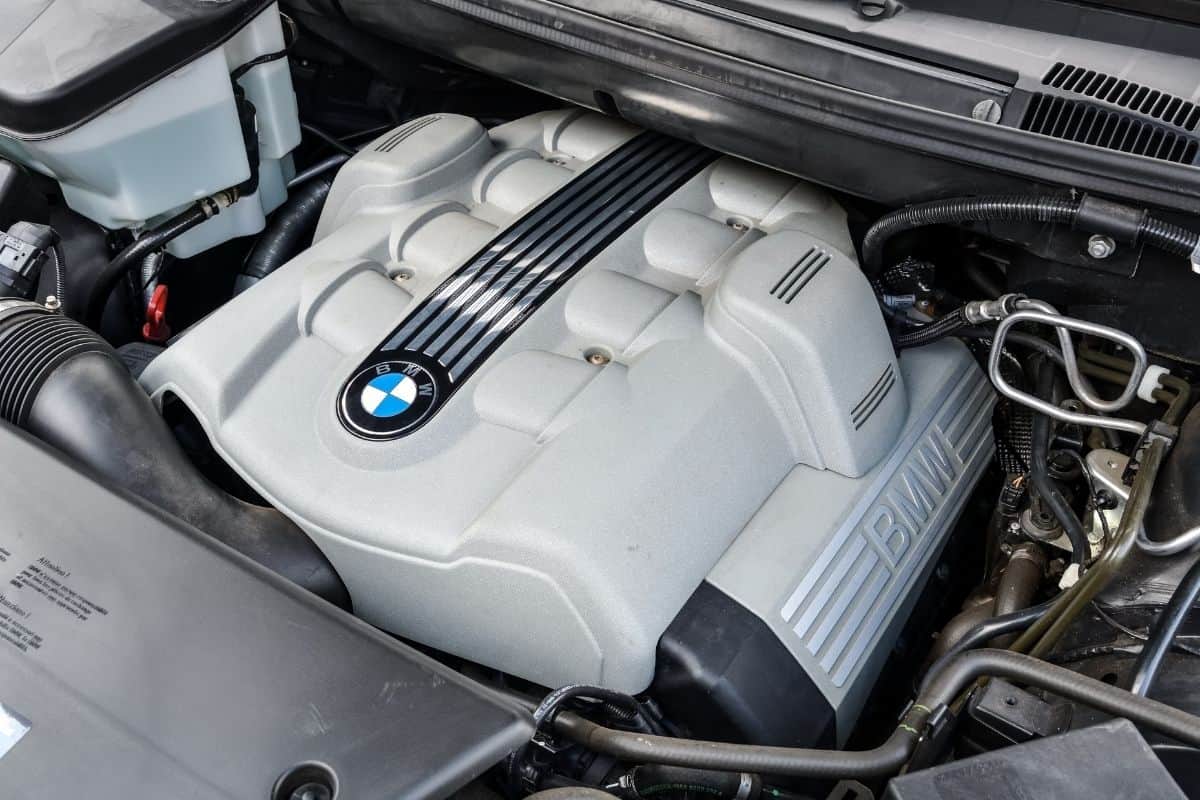
Ergonomics
Ergonomics is another important aspect of car design, especially for luxury vehicles. Both BMW and Mercedes prioritize comfort and convenience in their cars, with features such as adjustable seats and intuitive controls.
When it comes to ergonomics, the BMW i3 and Mercedes-Maybach are both excellent examples of their respective brands’ attention to detail. The i3 has a spacious and airy cabin with easy-to-reach controls, while the Maybach has a luxurious and comfortable interior with advanced features such as massaging seats.
| Car Model | Exterior Design | Interior Design | Ergonomics |
|---|---|---|---|
| BMW 7-Series | Bold and imposing | Minimalist and modern | Comfortable and convenient |
| Mercedes-Benz CLS-Class | Sleek and aerodynamic | Traditional and classic | Luxurious and comfortable |
| BMW Z4 | Sporty and driver-focused | Modern and high-tech | Spacious and comfortable |
| Mercedes-Benz EQC | Elegant and refined | Luxurious and comfortable | Advanced and intuitive |
In conclusion, both BMW and Mercedes offer excellent design elements in their luxury vehicles. The target audience for these cars may prefer one brand’s design over the other, but ultimately it comes down to personal preference.
Technology
When it comes to technology, both BMW and Mercedes are known for their advanced features. Let’s take a closer look at some of the key areas where these German automakers excel.
Infotainment System
BMW’s iDrive system has been a leader in the industry for years, offering a user-friendly interface and intuitive controls. Mercedes’ infotainment system has also been praised for its ease of use and high-quality graphics. Both systems offer features like Apple CarPlay, Android Auto, and voice-activated controls.
Driver Assistance Features
Both BMW and Mercedes offer a range of driver assistance features to enhance the driving experience and improve safety. For example, BMW’s Driving Assistance Professional package includes features like lane departure warning, blind spot monitoring, and adaptive cruise control. Mercedes’ Pre-Safe technology includes features like side impact protection, lane keep assist, and blind spot monitoring.
All-Electric and Hybrid Options
As the automotive industry shifts towards electric and hybrid vehicles, both BMW and Mercedes have embraced this trend. BMW’s i series offers all-electric and hybrid options, while Mercedes’ EQC is a fully electric SUV. Both automakers are committed to reducing emissions and improving fuel efficiency.
| BMW | Mercedes |
|---|---|
| i3 Electric | EQC Electric |
| i8 Hybrid | S-Class Hybrid |
| X5 Plug-In Hybrid | GLE Plug-In Hybrid |
Maintenance Cost
When it comes to maintenance costs, BMW and Mercedes are fairly similar. Both brands offer high-quality vehicles that require regular maintenance to keep them running smoothly. However, BMW is known for having slightly lower maintenance costs than Mercedes.
Security Features
Both BMW and Mercedes offer a range of security features to protect drivers and passengers. BMW’s ConnectedDrive system includes features like automatic emergency calling and stolen vehicle recovery. Mercedes’ Mbrace system provides connectivity, entertainment, and security features.
Both BMW and Mercedes offer advanced technology features that enhance the driving experience and improve safety. Whether you prefer BMW’s iDrive system or Mercedes’ infotainment system, both brands have something to offer. And with the shift towards electric and hybrid vehicles, both automakers are poised to continue leading the way in automotive technology.
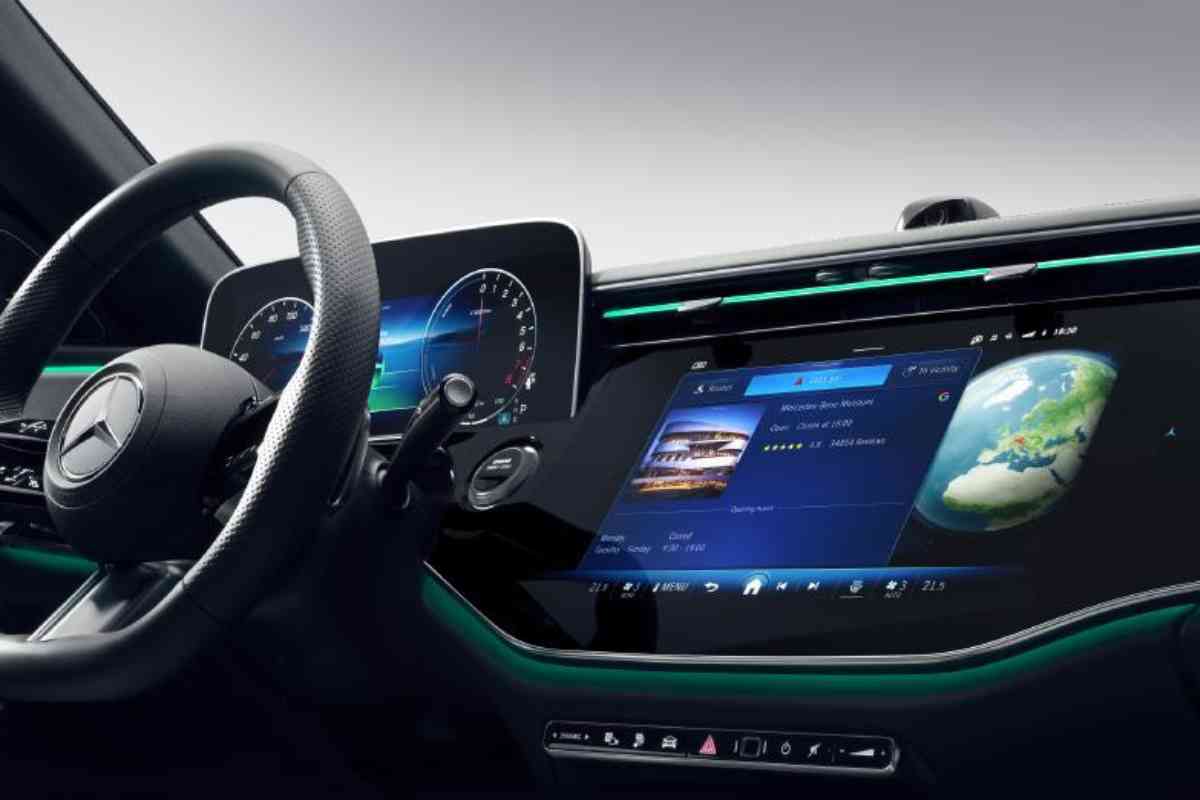
Safety
When it comes to luxury vehicles, safety is a top priority for both BMW and Mercedes-Benz. In this section, we will take a closer look at the safety features offered by these two German automakers.
Crash Test Ratings
Both BMW and Mercedes-Benz have a reputation for producing safe vehicles. In fact, many of their models have received top safety ratings from organizations such as the National Highway Traffic Safety Administration (NHTSA) and the Insurance Institute for Highway Safety (IIHS).
For example, the 2023 BMW 5 Series has received a 5-star overall safety rating from the NHTSA, while the 2023 Mercedes-Benz S-Class has received a Top Safety Pick+ rating from the IIHS. These high ratings are a testament to the advanced safety features that both automakers offer.
Pre-Safe System
One safety feature that sets Mercedes-Benz apart from BMW is its Pre-Safe system. This system uses a variety of sensors to detect when a collision is imminent, and then takes steps to protect the occupants of the vehicle.
For example, if the Pre-Safe system detects that a side impact is likely, it will automatically inflate the side bolsters of the front seats to provide additional protection for the occupants. Additionally, the system can automatically apply the brakes if it detects that a collision is unavoidable.
While BMW does not offer a system quite like Pre-Safe, it does have its own advanced safety features. For example, the M-Brace system is designed to provide enhanced side impact protection, while Lane Keep Assist and Blind Spot Monitoring help drivers stay aware of their surroundings.
Here’s a comparison table of some of the safety features offered by BMW and Mercedes-Benz:
| Feature | BMW | Mercedes-Benz |
|---|---|---|
| Pre-Safe System | No | Yes |
| M-Brace System | Yes | No |
| Lane Keep Assist | Yes | Yes |
| Blind Spot Monitoring | Yes | Yes |
Overall, both BMW and Mercedes-Benz are committed to producing safe vehicles. While Mercedes-Benz may have a slight edge in terms of advanced safety features like the Pre-Safe system, BMW offers its own impressive array of safety technologies.
Price
When it comes to luxury car brands, BMW and Mercedes-Benz are among the most popular choices. However, one of the biggest factors that can influence a buyer’s decision is the price. In this section, we will take a closer look at the price of BMW and Mercedes-Benz cars, including their maintenance costs and insurance premiums.
Maintenance Costs
Both BMW and Mercedes-Benz are known for producing high-quality, reliable vehicles. However, as with any car, regular maintenance is necessary to keep them running smoothly. According to RepairPal, the average annual maintenance cost for a BMW is $968, while the average annual maintenance cost for a Mercedes-Benz is $1,158. This means that, on average, Mercedes-Benz owners can expect to pay slightly more for maintenance than BMW owners.
It is also worth noting that maintenance costs can vary depending on the specific model and year of the car. For example, the BMW 3-Series and Mercedes-Benz C-Class are both popular entry-level luxury cars, but the maintenance costs for these models may differ from other models in their respective lineups.
Insurance Premiums
Insurance premiums are another important factor to consider when comparing the price of BMW and Mercedes-Benz cars. According to data from Insure.com, the average annual insurance premium for a BMW is $1,801, while the average annual insurance premium for a Mercedes-Benz is $1,945. This means that, on average, Mercedes-Benz owners can expect to pay slightly more for insurance than BMW owners.
It is important to keep in mind that insurance premiums can vary depending on a variety of factors, including the driver’s age, driving history, and location. Additionally, some BMW and Mercedes-Benz models may be more expensive to insure than others, depending on factors such as their safety ratings and repair costs.
To summarize, BMW and Mercedes-Benz are both premium car manufacturers, and their cars come with a higher price tag than most commercial vehicles. While the cost of owning a luxury car can be higher than that of a regular car, both BMW and Mercedes-Benz offer reliable, high-quality vehicles that are worth the investment.
